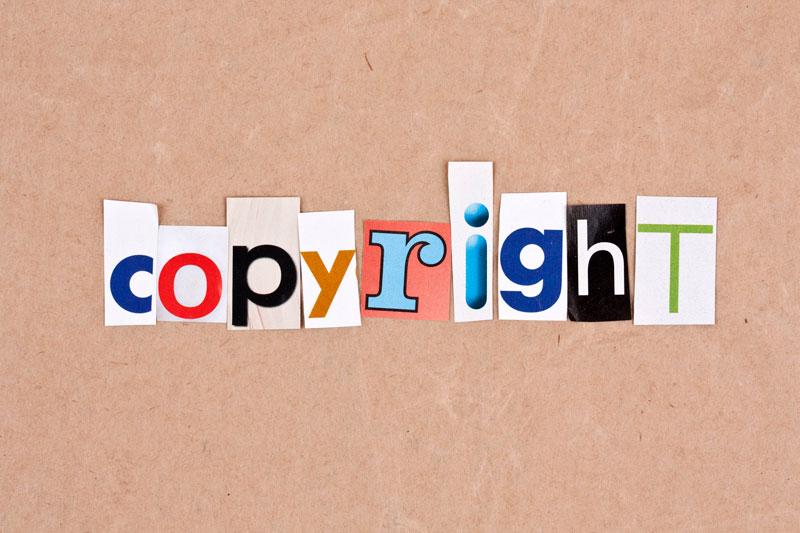
New Copyright Law in Germany
- By : Christoph Kolonko
- 25 May 2017
New Copyright Law in Germany
The German parliament has recently adopted amendments to the German Copyright Act (UrhG) which are effective from 1 March 2017. The main purpose of the new law is to strengthen the rights of authors of copyright protected works against the industry.
These are the most important new regulations:
1. Reasonable Compensation (Section 32 para 2 UrhG)
According to the already existing legislation, authors of copyright protected works are legally entitled to ask for reasonable compensation for their work. For the determination of “reasonable compensation” time and duration of use were taken into consideration. As of 01 March 2017, frequency and extent of use must be considered as well.
2. Right to Information on the Extent of Usage (Sections 32d and 32e UrhG)
Of high importance for authors is the newly implemented Section 32d UrhG. Now, an author has the right to demand information from his contractual partners on the extent of the usage of the work and the economic benefits obtained from the exploitation of the transferred rights. The author’s right to demand information not only works against his direct contractual partner, but according to Sec 32e UrhG also towards third parties who have a significant commercial influence on the licence chain and parties who profit directly from any clear disproportionality in revenue distribution according to Sec. 32a para 2 UrhG.
The right to information shall only be excluded if it is connected to a “disproportionate amount of effort”. Such disproportion shall be given, e.g., in cases in which the contribution of the author has only little influence on the overall impression of the work.
Individual agreements in which authors waive the above mentioned rights are not allowed and will therefore be regarded as invalid. An exception is being made for collective agreements or wage agreements in which a fair negotiations between authors and industry can be assumed.
3. Limitation of Exclusivity to 10 years
New Sec. 40 a UrhG applies to buy-out contracts under which exclusive usage rights are granted against a one-time flat fee with no obligation to pay ongoing royalties. By law these licencens will now be considered “non-exclusive” after an initial 10-year-period. Then, the author is free to use the licensed work and to licence it to other parties as well. Of course, the original licensee may still use the work, but not on an exclusive basis. After an initial 5-year period, however, the parties can agree to extend the period of exclusivity beyond the 10-year limitation.
4. Exemptions for Computer Software
According to Sec. 69 a para 5 UrhG software is not affected from the changes. The reason is that -because of the high demand in the software sector - authors in the software business do not need the same level of protection against the industry as authors in the creative business..
5. Summary
The newly introduced changes to the German Copyright Act will have great impact on the creative business in Germany. Total-buy-out agreements on a flat-fee basis – which are still highly common in Germany – now need to be renegotiated after 5 years. Otherwise, there will be no more exclusivity after 10 years. Alternatively, the author must be given a fair share of the profits by, e.g., splitting remuneration into a flat-fee and a recurring royalty payment. The new reporting regulations can mean considerable efforts not only for licensees, but now also for third parties as they can face such demand to provide annual reports by the author once a year. It remains to be seen whether the new regulations will actually lead to more fairness in the copyright industry and how courts will deal with them. Contracts that have been concluded before 01 March 2017 are not affected.
Back to News